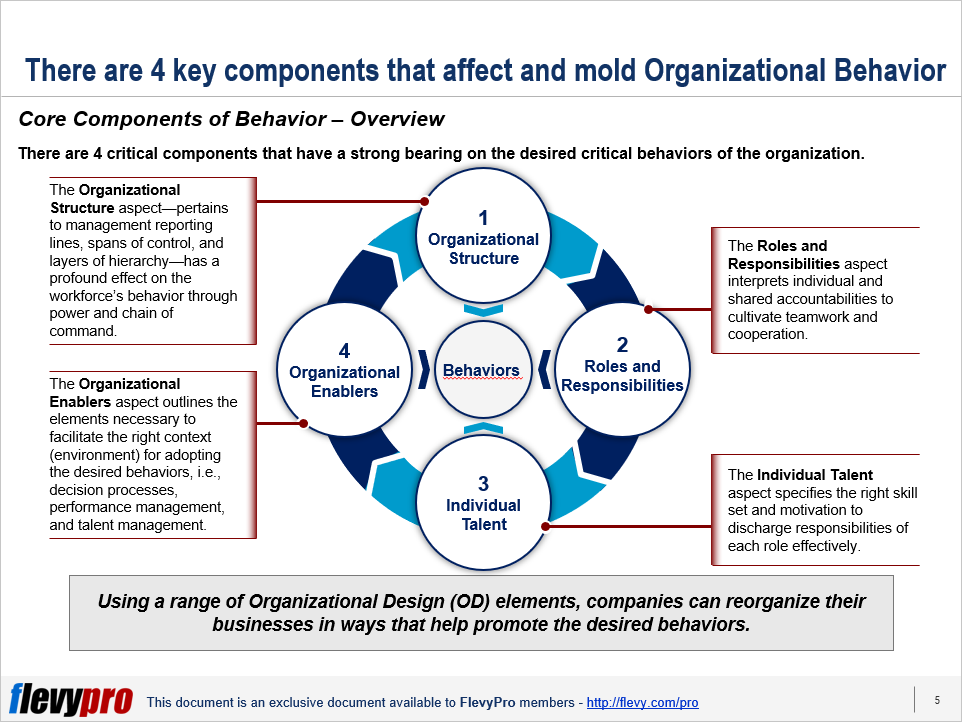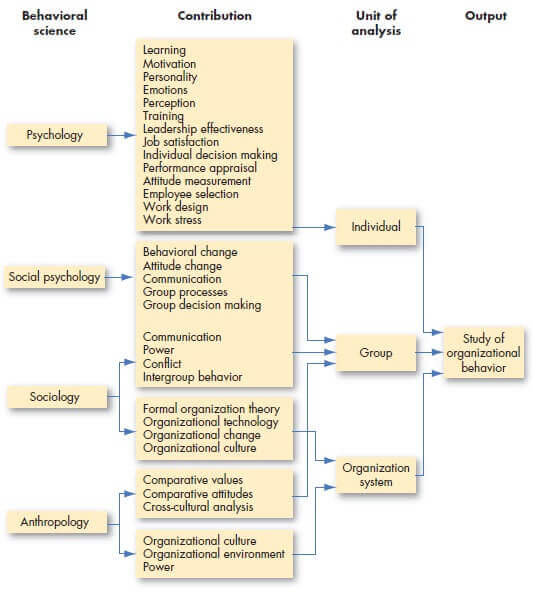Organizational behavior refers to the actions and attitudes of individuals and groups within an organization, and the impact that these actions and attitudes have on the organization as a whole. There are three key elements of organizational behavior that are particularly important to understand in order to effectively manage and lead organizations: communication, motivation, and leadership.
First, communication is a crucial element of organizational behavior. Effective communication within an organization is essential for the smooth functioning of any business. It allows employees to share ideas, collaborate on projects, and resolve conflicts. It also enables leaders to communicate their vision and goals to their team, and to ensure that everyone is working towards the same objectives. However, communication can also be a source of conflict if it is not handled effectively. Poor communication can lead to misunderstandings, miscommunications, and a breakdown in trust within the organization.
Second, motivation is another important element of organizational behavior. Motivated employees are more likely to be productive, engaged, and committed to their work. They are also more likely to be innovative and take initiative. On the other hand, unmotivated employees may be less productive, less engaged, and less likely to take initiative. Therefore, it is important for leaders to understand what motivates their employees and to create an environment that fosters motivation. This can include offering incentives, recognizing and rewarding good work, providing opportunities for growth and development, and creating a positive work culture.
Finally, leadership is a third key element of organizational behavior. Effective leaders are able to inspire and motivate their team, and to create a sense of purpose and direction within the organization. They are also able to make difficult decisions, solve problems, and delegate tasks effectively. In addition, effective leaders are able to communicate clearly and openly with their team, and to build trust and foster teamwork. However, poor leadership can have negative consequences for the organization, including low morale, poor performance, and high turnover.
In conclusion, communication, motivation, and leadership are three important elements of organizational behavior that are essential for the success of any organization. Effective management of these elements can lead to a positive and productive work environment, while neglecting them can lead to conflict and dysfunction. Understanding and managing these elements is therefore critical for any leader or manager who wants to create a successful and thriving organization.








